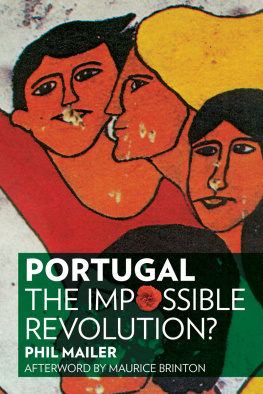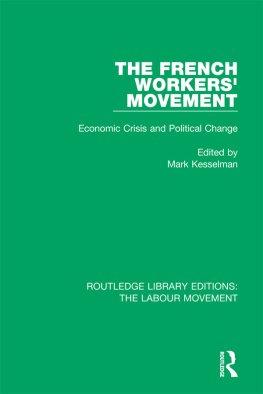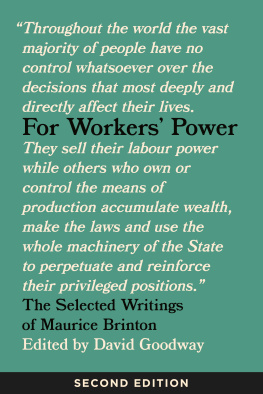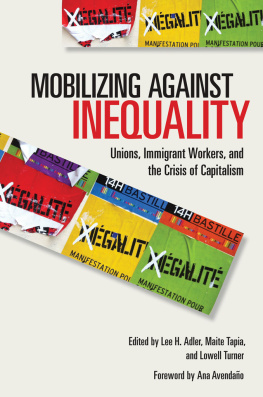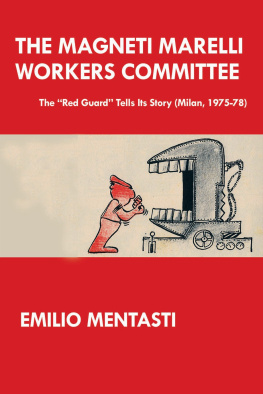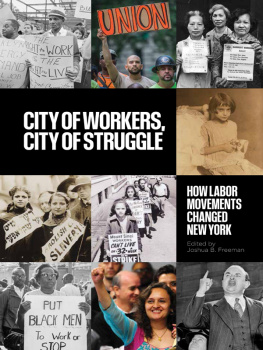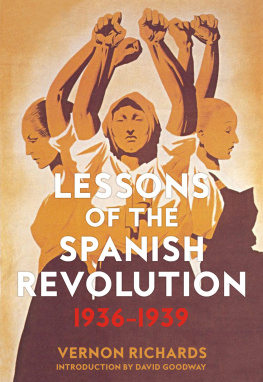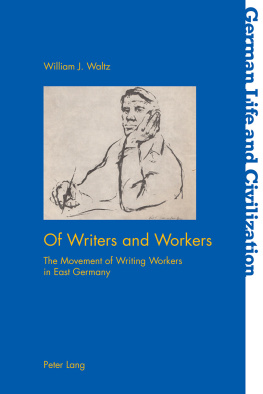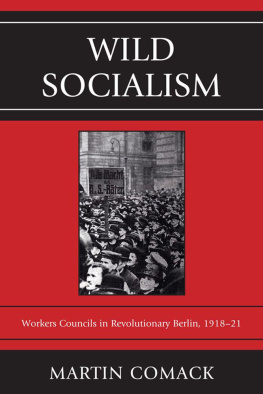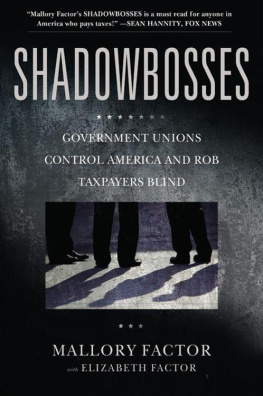
Portugal: The Impossible Revolution?
Phil Mailer
2012 PM Press
All rights reserved. No part of this book may be transmitted by any means without permission in writing from the publisher.
ISBN: 978-1-60486-336-9
Library of Congress Control Number: 2011927959
Cover and interior design by briandesign
10 9 8 7 6 5 4 3 2 1
PM Press
PO Box 23912
Oakland, CA 94623
www.pmpress.org
Printed in the USA on recycled paper, by the Employee Owners of Thomson-Shore in Dexter, Michigan.
www.thomsonshore.com
Published in the EU by The Merlin Press Ltd.
6 Crane Street Chambers, Crane Street, Pontypool NP4 6ND, Wales
www.merlinpress.co.uk
ISBN: 978-0-85036-648-8
CONTENTS
INTRODUCTION
The military coup in Portugal on April 25, 1974, ending nearly fifty years of fascist rule, was followed by eighteen months of intense social transformation that challenged every aspect of Portuguese society. What started as a military coup turned into a profound attempt at grassroots social change that made headlines on a daily basis around the world due to the intensity of the struggle and the presence of the right-wing, moribund Francoist regime in neighbouring Spain. There was much uncertainty at the time as to how these struggles might affect Spain and Europe at large.
This book is a personal description of these events from the day of the coup and its tumultuous aftermath up to November 1975, when another military coup reinforced liberal parliamentary democracy and brought Portugal into the mainstream of European capitalism.
Today, very few outside Portugal can remember these events. With the failure of the revolution, Portugal was quickly recuperated into the European Union and the whole experience was considered a tempest in a teacup barely worth mentioning.
But inside the country, the experience was profound: many companies were taken over by their workers; Neighbourhood Committees occupied empty houses and ran crches and other community services. The police were rendered ineffective and the army (usually the last bastion of the state) divided into opposing factions, with the revolutionary left factions being in control of the state apparatus for quite some time.
The rhetoric of revolution was everywhere and there were hints as to what a modern revolution might entail. But in 1974, there was no Internet, no mobile/cell phones. The two main TV stations were state-controlled and there were only a half dozen radio stations in the country.
Workers tried to organise in this vacuum. The problems of self-organisation and political manipulation when workers were forbidden to carry any political party banners or trade-union banners at demonstrations are highlighted in the latter half of the book. The control of the media (television, radio, and newspapers, especially the Catholic Church radio station occupied at the time by the far-left) and their problems are also discussed in great detail. Throughout the book I have also sought to pay particular attention to the problems of rank-and-file soldiers organising within the army.
The split in Portuguese society after the 1974 coup was threefold: among the various state capitalist ideas (and parties), those who wanted to install liberal parliamentary democracy, and the various attempts of People Power to increase the direct influence of the workers from the bottom up. This latter effort by the workers is well documented here, mostly in their own words, in its struggle to develop organisational autonomy and economic self-management. In this, my account of the events in Portugal may differ from others of its kind.
Through five successive military governments, the Portuguese Communist Party (PCP) installed state capitalism throughout the country and the various far-left parties largely actively collaborated with this project. The Socialist Party, however, was divided between those who wanted to go along with the military governments and the Communist Party, and those who wanted a European-style liberal capitalism and thus conspired with the Right and extreme Right and the U.S. Embassy. The Social Democrats, situated to the right of the Socialist Party, were trying to find new clothes for the old regime.
Todays Portugal is the outcome of these struggles. The Socialist Party (PS) and the Popular Democrats (now PSD) are the power-mongers while the PCP remains the main left opposition group and is in control of the trade union movement. The far-left groups, with all the colourful acronyms youll encounter throughout the book, are now all allied into the Left Wing Alliance (BE, Bloco de Esquerda) while the Maoists have thankfully mostly disappeared altogether.
In reediting this book of events that occurred over thirty-five years ago, it is sometimes difficult to imagine the intensity of the moments. As I reread my account, I had to frequently ask myself, did this really happen? But, yes, it did happen; I still have all the documents to prove it. For a younger generation, it may truly seem impossible! Maurice Brintons afterword deals with that word in the title of this account in some detail. At the time of these events, there was endless discussion across continents as to whether there should be a question mark after the word impossible. Such were the times. I still support the question mark.
At the time I wrote this book, state capitalism was considered to be as big a danger (if not bigger) to Portugal than private capitalism. This was the main emphasis of my analysis of the grassroots movement as well as political party analysis in this book, although neoliberalism and market economics became the dominant ideology in the Portuguese (and world) ruling class instead. This did not seem so obvious in 1974-75. Today, Portugal is a country fully integrated into modern capitalism with all the iniquities that implies.
At reissue, the book is essentially the same as the 1977 edition that was published jointly by Solidarity in London, Black Rose in Canada, and Free Life Editions in New York. I have omitted a chapter on Portuguese history, as I found it a bit too long-winded and statistical, obstructing the narrative; for those eager to seek further information, the subject has been dealt with amply and better elsewhere, in other books or on the Internet. I have edited some sections slightly, omitting parts that I felt went into too much detail and were not relevant today. I have omitted the twenty-six appendices originally at the back of the book as they, too, are available elsewhere. Maurice Brintons introduction, which I feel continues to be a valid contribution, is now an afterword; I am indebted to him in so many ways for getting this book off the ground from the start. A few names have been restored to their proper Portuguese spelling, and a few errors about geographical location of factories and barracks have been rectified. Very little else has changed.
It is what it is. Vamos ver.
I would like to dedicate this edition to the memory of Maria Teresa Viana (1946-2010) who influenced it in so many subtle ways.
Phil Mailer
Lisbon, 2012
GLOSSARY
| ADU | Assembly of (military) Unit Delegates |
| ALA | Free Association of Farmers |
| AMI | Group for Military Intervention; counterforce to COPCON set up by Sixth Government |
| ANP | Popular National Action; main fascist party before April 25 |
| AOC | Association of Workers and Peasants, formed by Maoists in the chemical industry, to combat PCP-dominated Intersindical |
Next page
